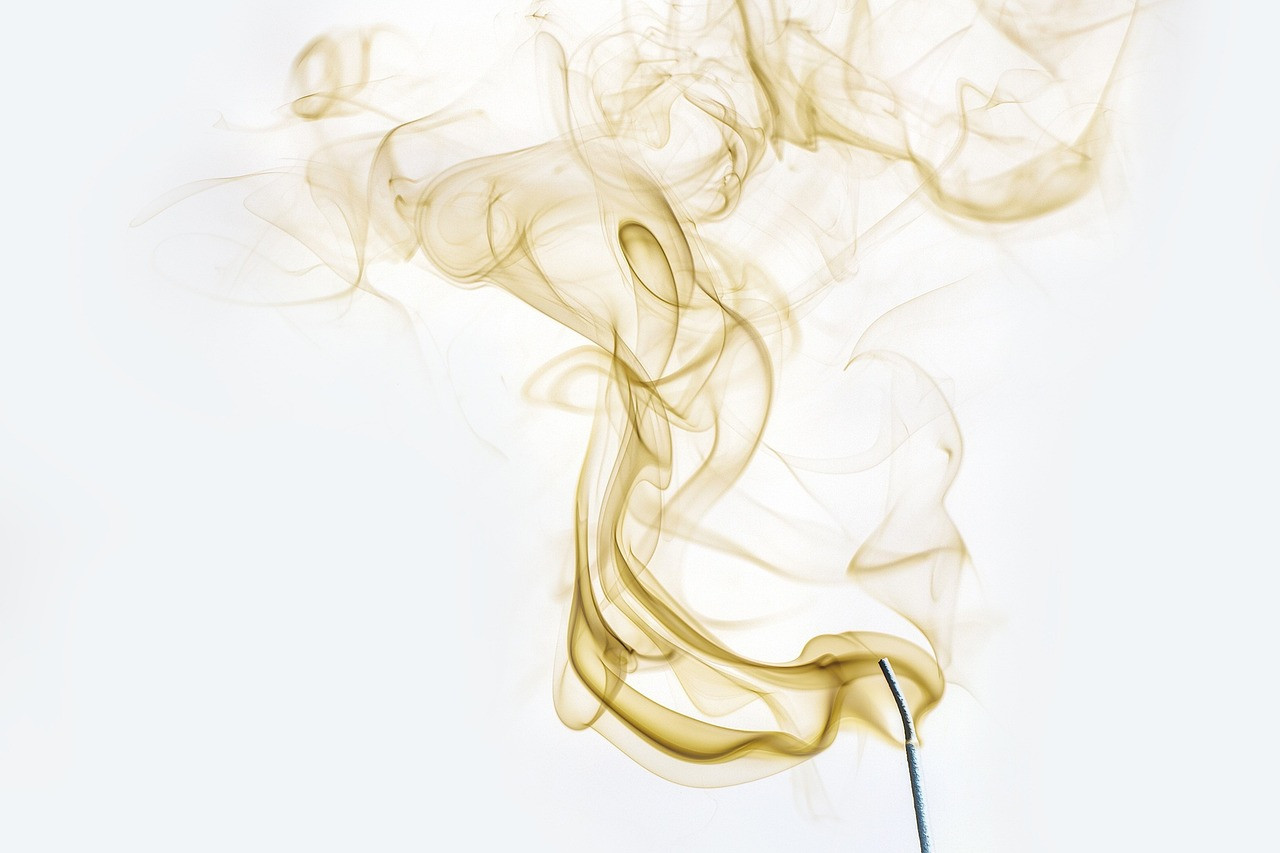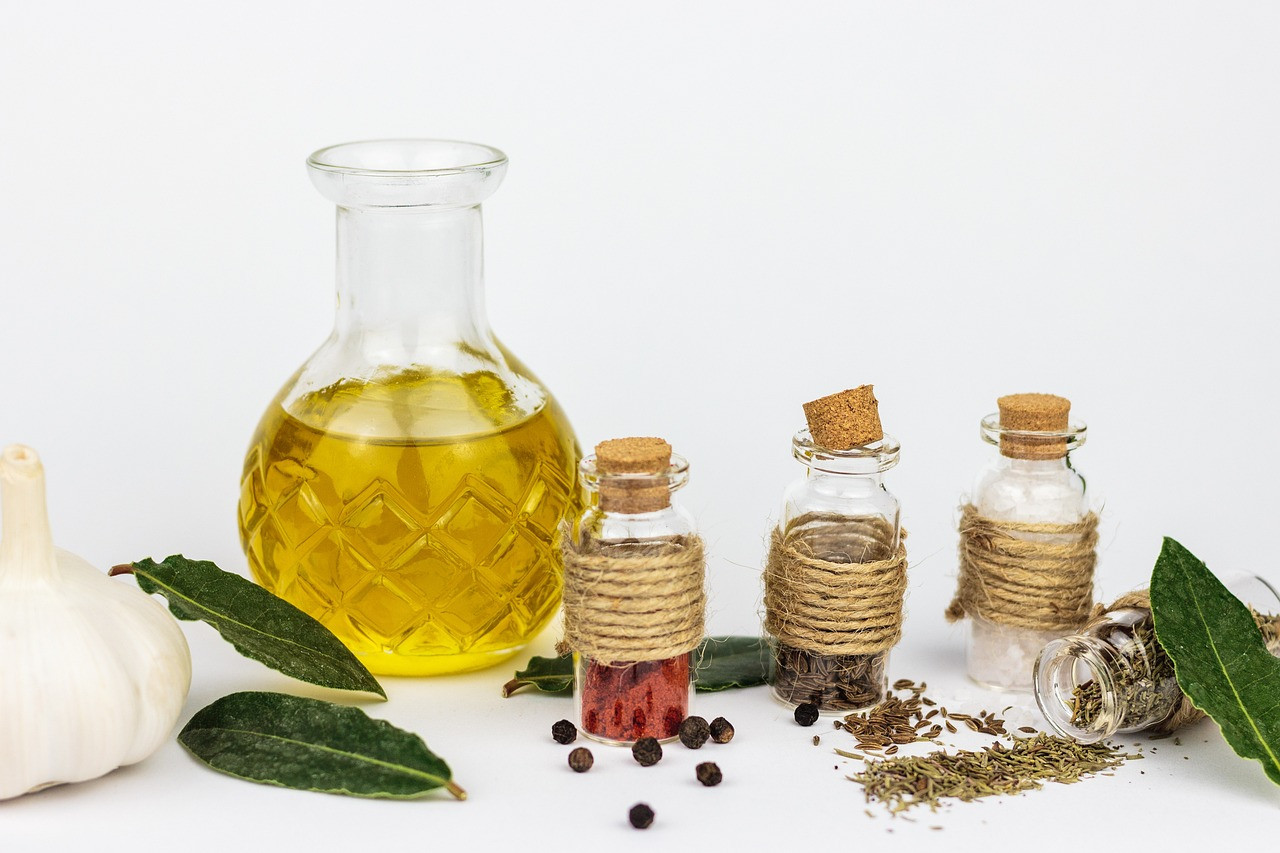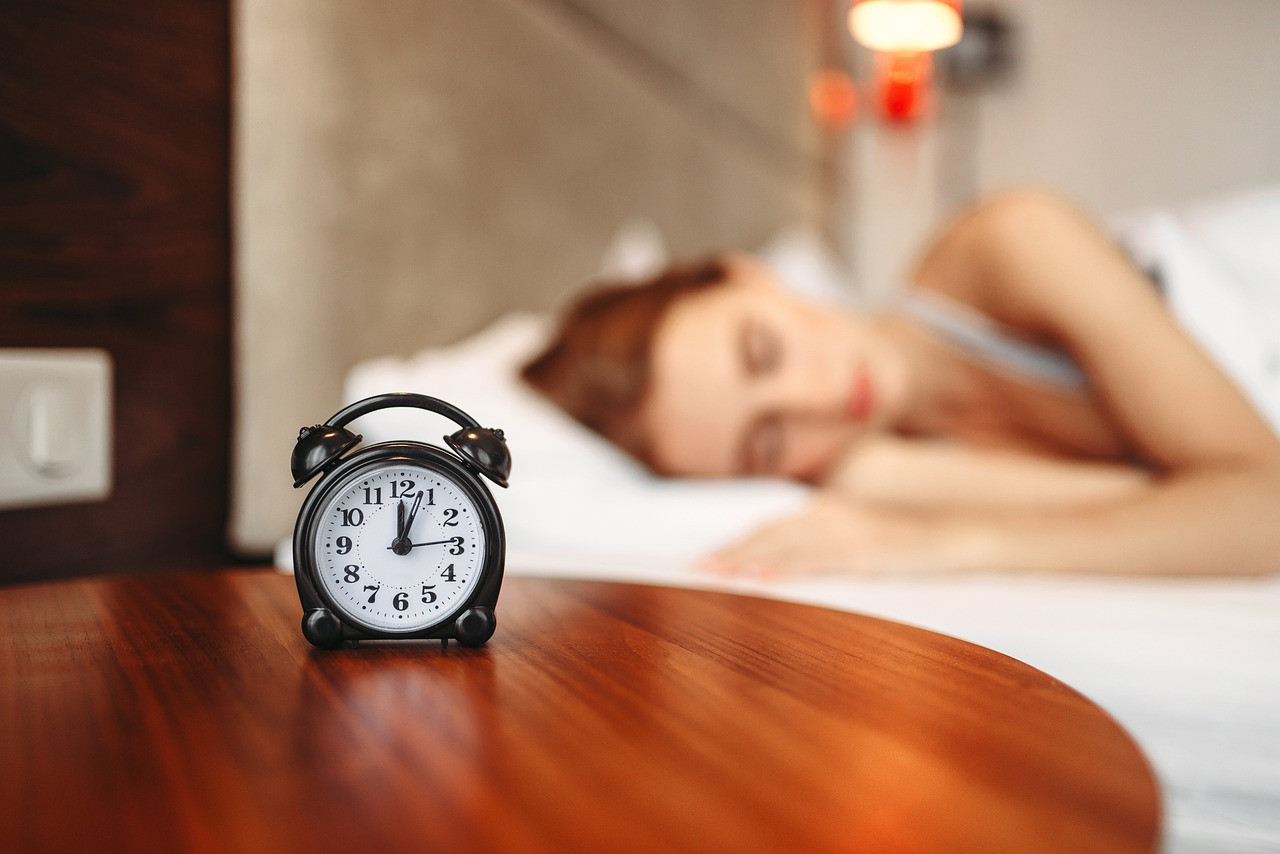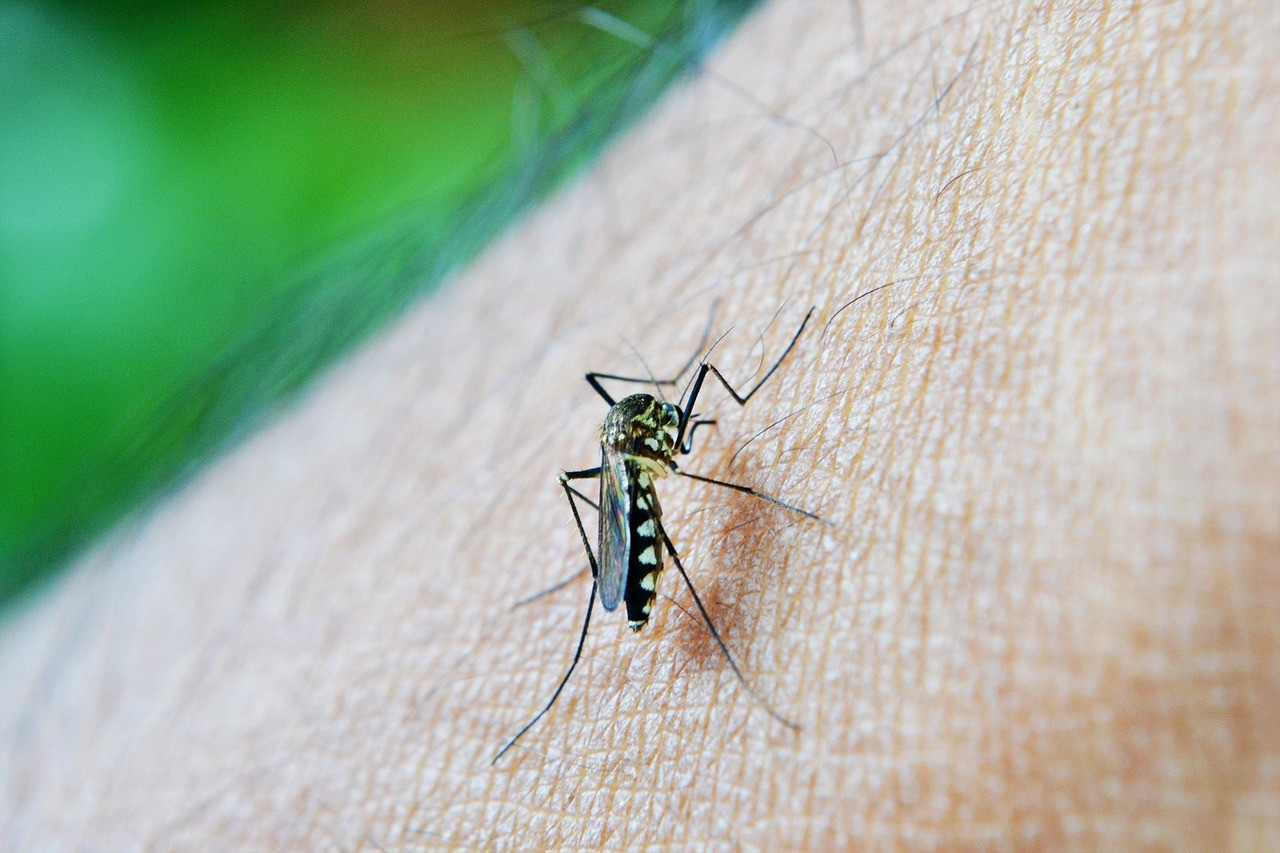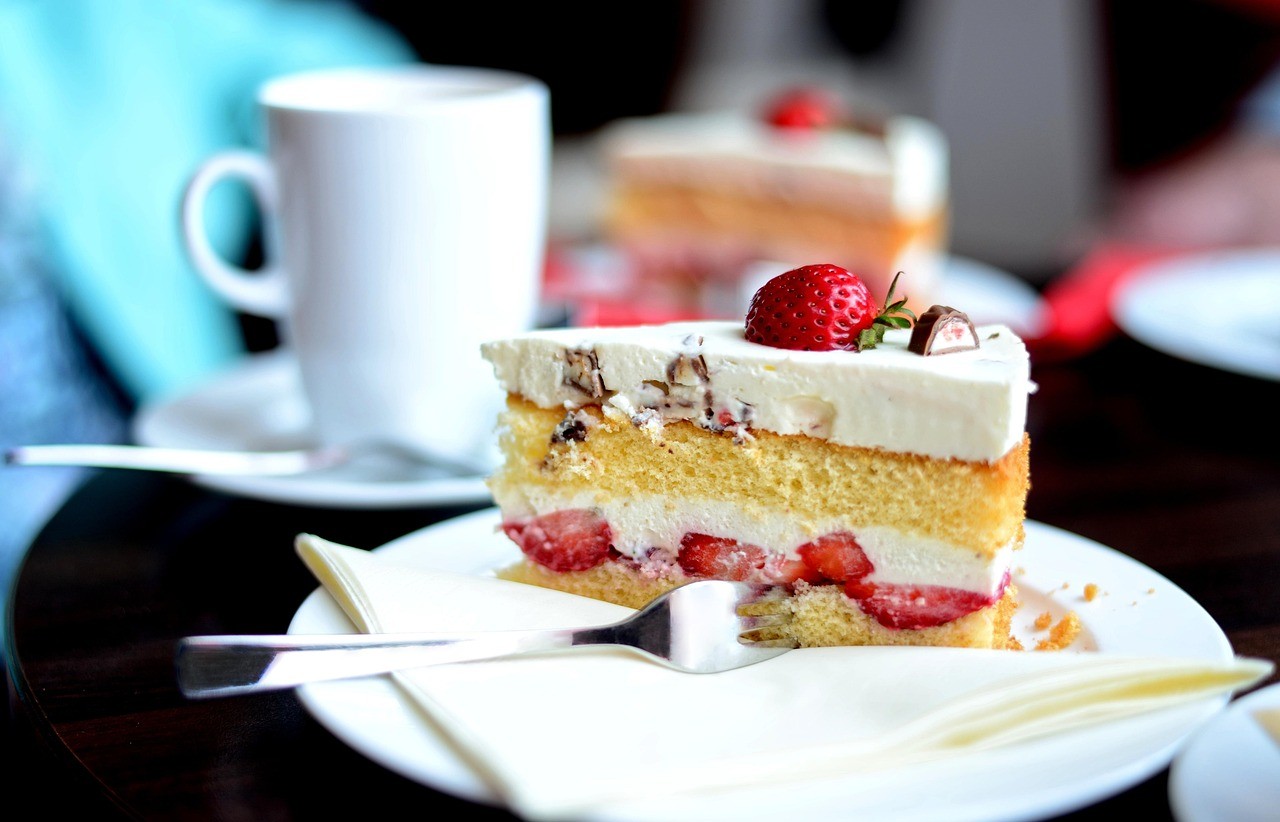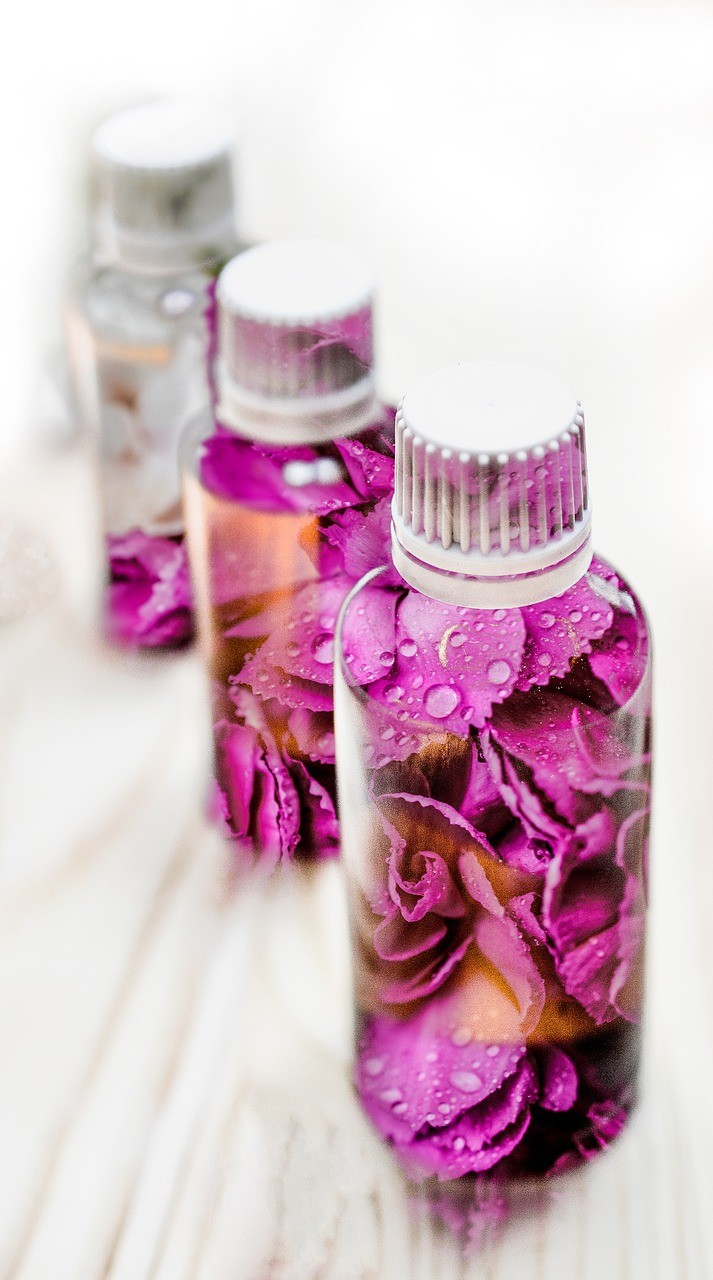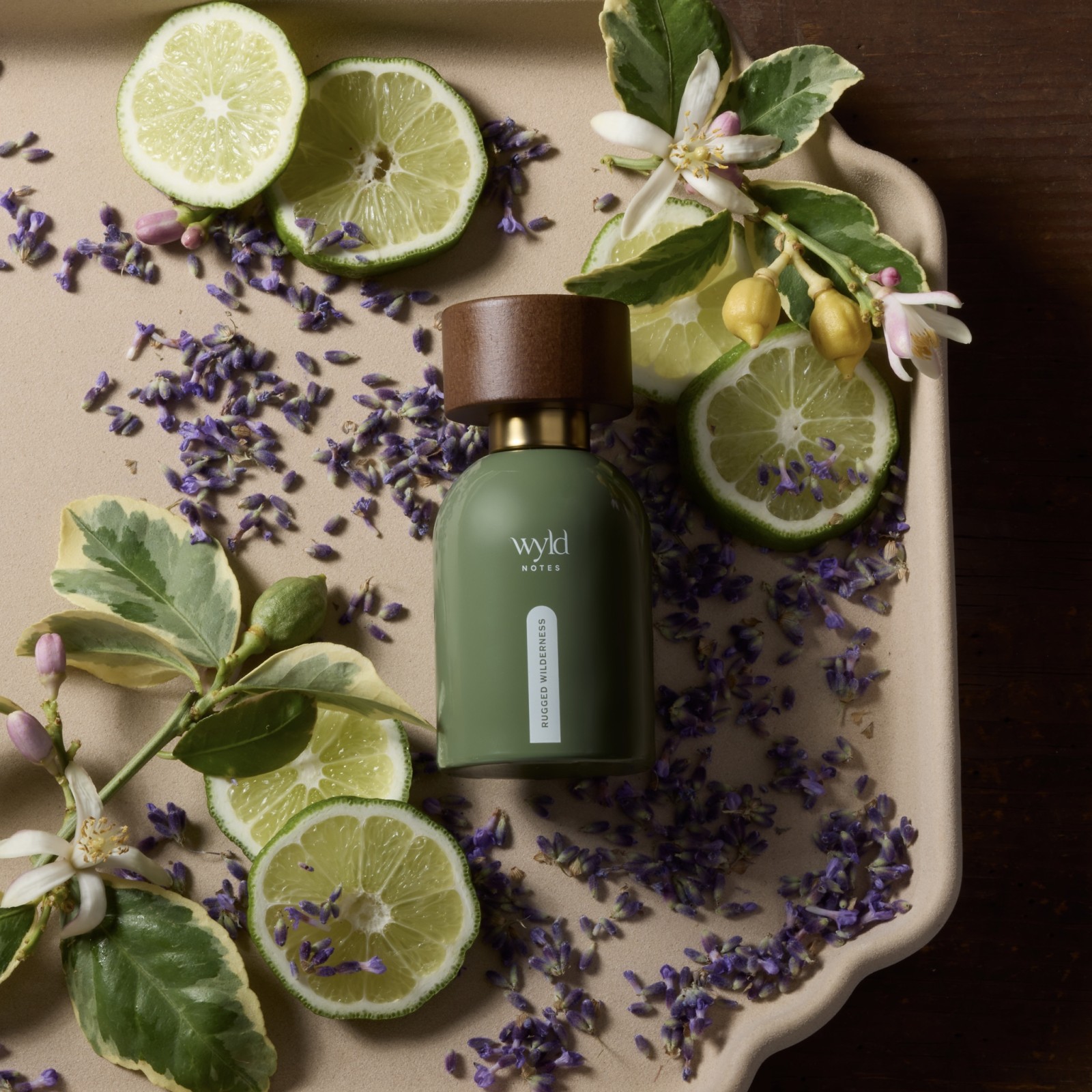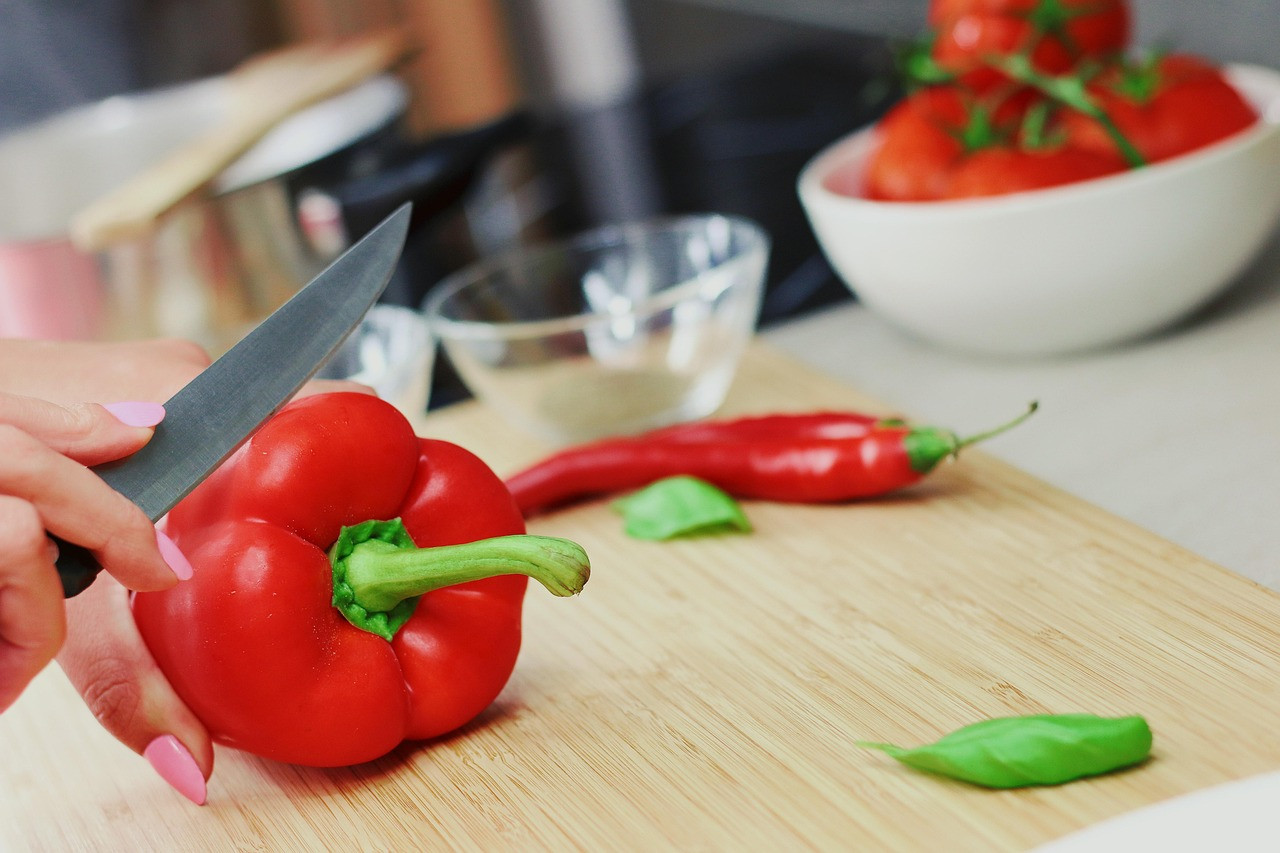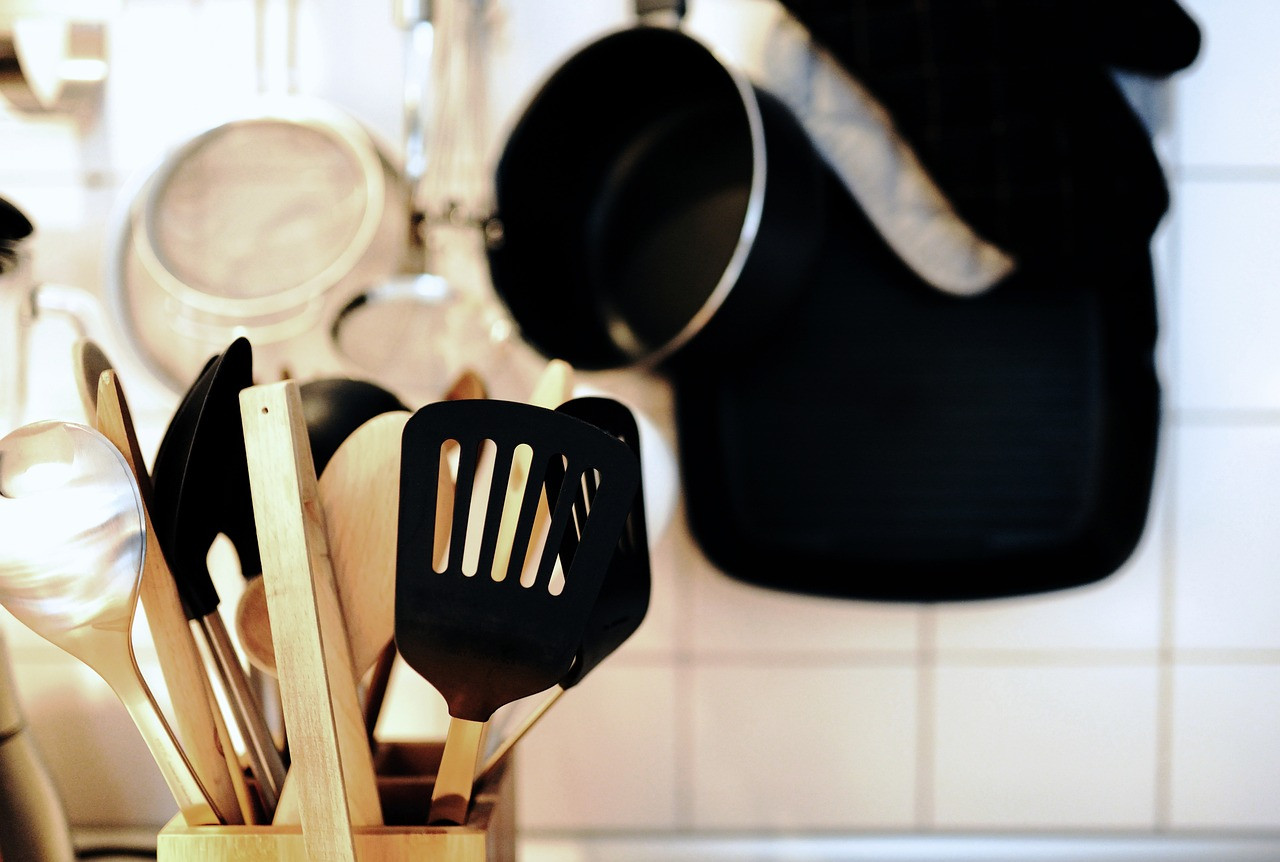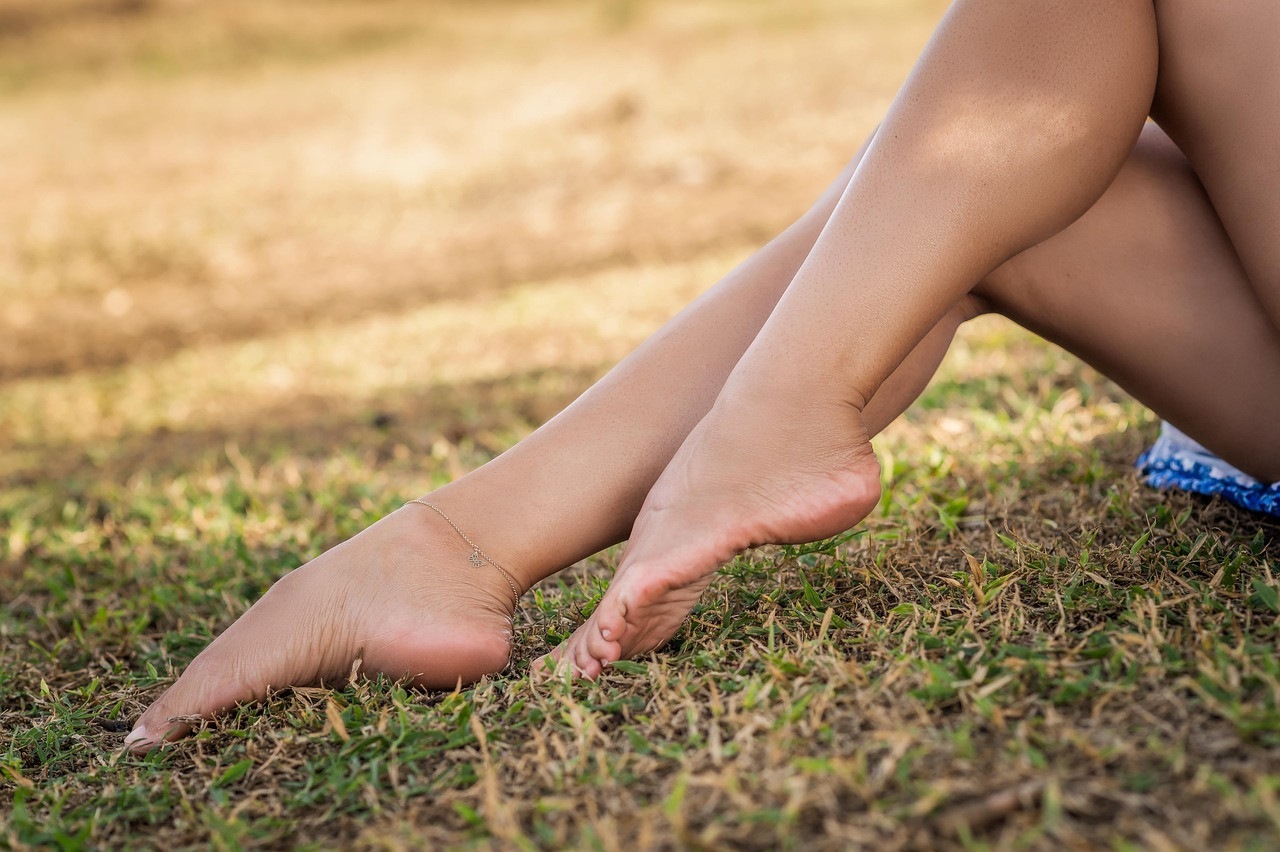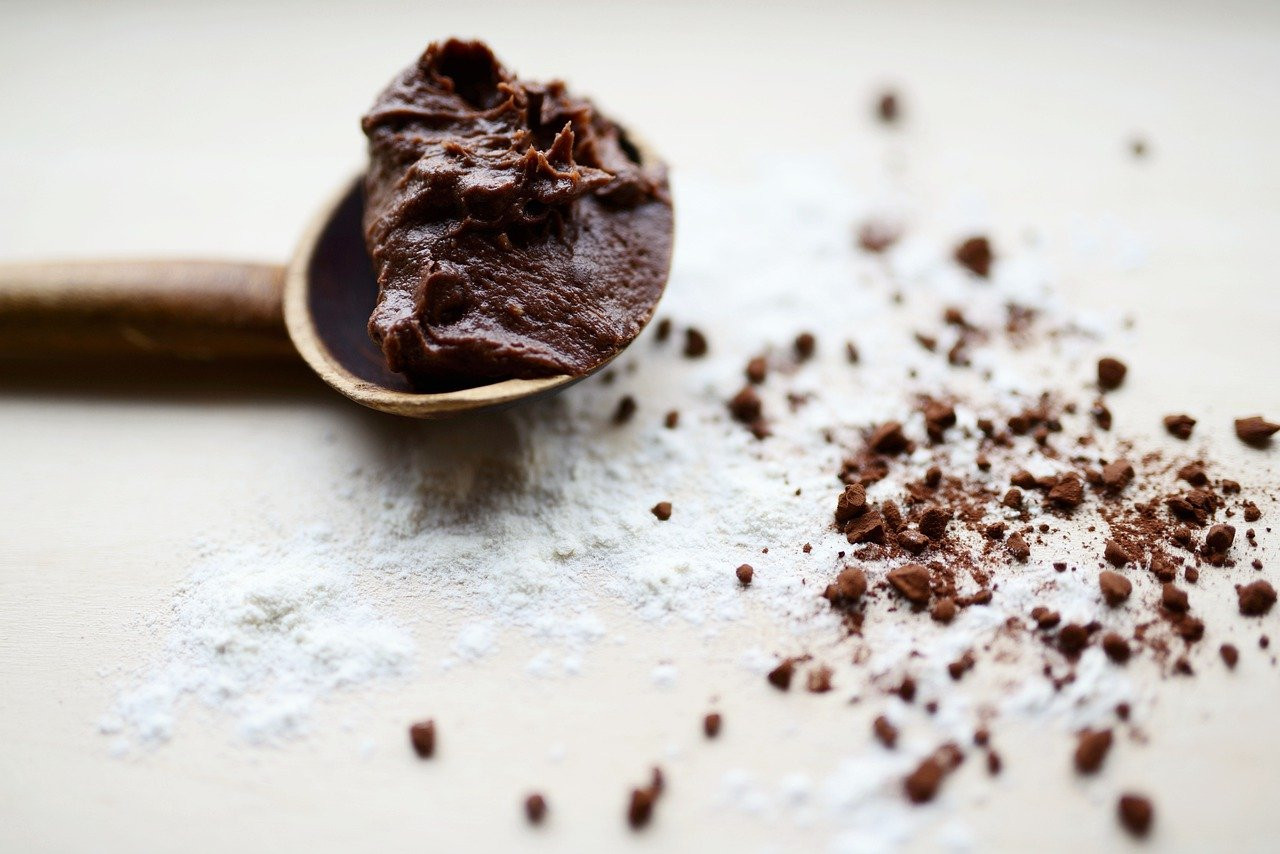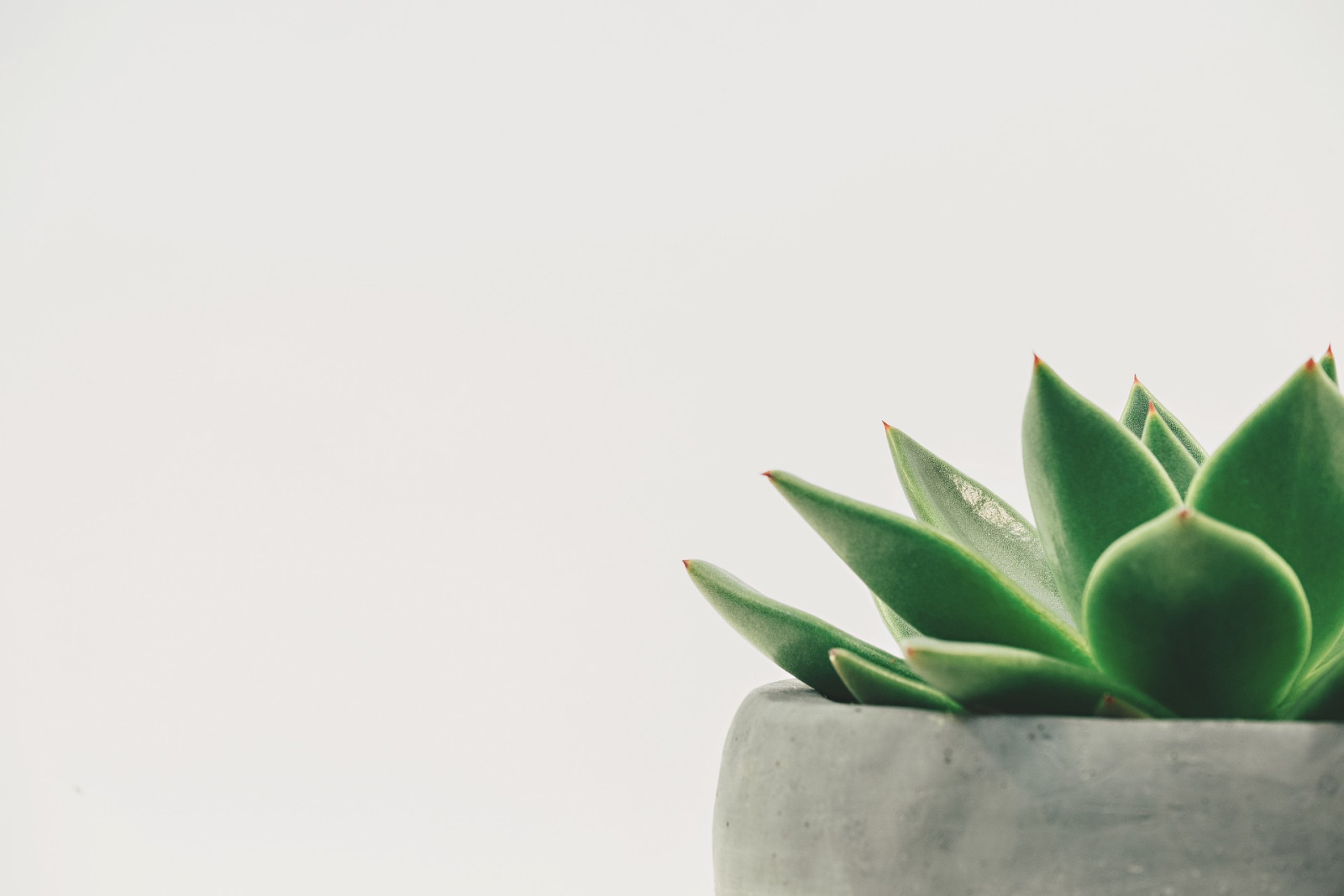
Have you ever connected the amount of clutter in your life with how anxious you are? They may be more related than you think.
I'll admit that I always liked having stuff. I think it made me feel like I was prepared for whatever might come. In some ways, that made sense, but in others, it didn't. I mean, what was having 10 extra shirts I never wore preparing me for?
I don't believe I ever reached hoarder status, but I was definitely a packrat from the time I was a kid. I had a hard time letting go of things if I thought they might be useful someday or if they had any sentimental value.
This behavior continued when I moved out on my own and after I got married. My husband had picked up many hoarder behaviors during his life. Letting go of anything at all is difficult for him.
As the stuff accumulated in our home, my stress level increased, but it took me a long time to tie the two together.
The Constant To-Do List
I once heard/read someone telling how clutter was basically a constantly visible to-do list, and that really resonated with me. Putting away the stacks on the dining room table was a to-do item, as were organizing the pile of shoes by the doorway, finally catching up with the dishes, and finding a place for the random books scattered on various surfaces.
Seeing each of these to-do items every day was an unconscious reminder to my brain that I needed to do something about them. It was a silent stress that was barely acknowledged but was there nonetheless. Over time, the reminders turned to frustration, guilt, and self-loathing.
Why couldn't I keep up with the clutter and the housework? I felt like a failure, and that only worsened my mental health.
I finally decided to do something about it and started getting rid of excess stuff. It was a struggle because I still had those attachments to useful and sentimental items. Plus, I couldn't get rid of anything my husband wanted.
But as I decluttered my life, I realized something – I didn't miss ANY of the items I got rid of! I sold my favorite childhood book series and my collection of model horses I'd accumulated from the time I was eight years old. And rather than regretting it, I was happy someone else could enjoy them. Letting go of the possession did not erase the memories!
And then, we moved to the first place that wasn't owned by family. Our previous homes had been already filled with stuff when we moved in, but this one was a clean slate. And I remember how I felt the first few weeks before we'd moved everything. I had a very small visible to-do list, and it was so extremely peaceful!
That is when I really got hooked on minimalism.
Being Able to Find Things
The next big benefit of having less stuff is you spend less time digging through what you have, looking for that elusive item you know is around somewhere.
For example, looking through a stack of mail and paperwork for a bill that needed to be paid was a common occurrence in our home. We had an exorbitant amount of paperwork. Some of it was necessary, and some wasn't. And none of it needed to be in piles on the dining room table for months on end.
I've developed a habit of sorting through the mail as soon as I get it, and all the junk goes right into the trash. There is no benefit to setting it all on the table to sort later. Junk mail does not deserve one moment of your time, much less two or three – or however many times you end up paging through it while looking for something else.
Not being able to find something you need is stressful! And having less clutter to get in the way of finding that item only reduces that stress.
Having a Company-Ready Home
I know I'm not the only person who stresses out about having people over because I feel like my house isn't clean enough.
Before minimalism, I was absolutely mortified if someone showed up unannounced. I didn't want anyone to see inside my house! And I don't want to think how much anxiety that gave me. Even if no one was there, I stressed about "what if" someone showed up.
Simply having fewer dishes has made a world of difference. I hope I'm not the only one guilty of letting them pile on the counter, but now that I only have a place setting for four people, they can only pile up so much before I'm forced to wash them. And it's easier to commit to washing them every day.
Now, I'm not saying my house is spotless all the time, but with less stuff, I am able to keep it at a point where I have people over every week, and when my parents made a surprise trip to see me, all I did prior to their arrival was fill the dishwasher.
Altogether, these three benefits of living a more minimalist lifestyle have reduced a lot of stress and anxiety in my life. And I by no means call myself an extreme minimalist. I will probably never live with only 50 possessions or cull my closet down to 25 items. However, I recognize that the people who've done those things have benefited greatly.
Minimalism is unique for each person, and it's up to you to find the level at which you're comfortable.
You might need a little bit of a push to get started, but once you experience the advantages, you'll be more inspired to keep going on your own.
If you need help for that first push, try these methods that will challenge you a little without being too overwhelming:
- Get rid of one item every day for a year (or seven items a week if that's easier)
- Cull 10% of something – clothing, movies, dishes, books, toys
- Put items you don't use often in a box, write the date on it, and anything still in the box after a year get donated or sold
- Turn your clothes hangars backwards on the bar, then put them back the right way after you wear that item – anything on hangars that are still backward after six months (or after going through all the temperatures in your area) gets donated
The main thing to remember with minimalism is it's a process. You didn't accumulate all the stuff in a day or even a year, and it's not going to leave overnight either. Don't add to your anxiety or mental stress by putting too much emphasis on it. Do what you can when you can, and let minimalism bless you!
Did you know you can have info like this sent right to you and not miss a single tip?
